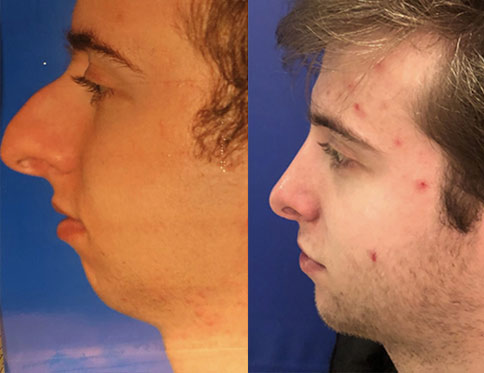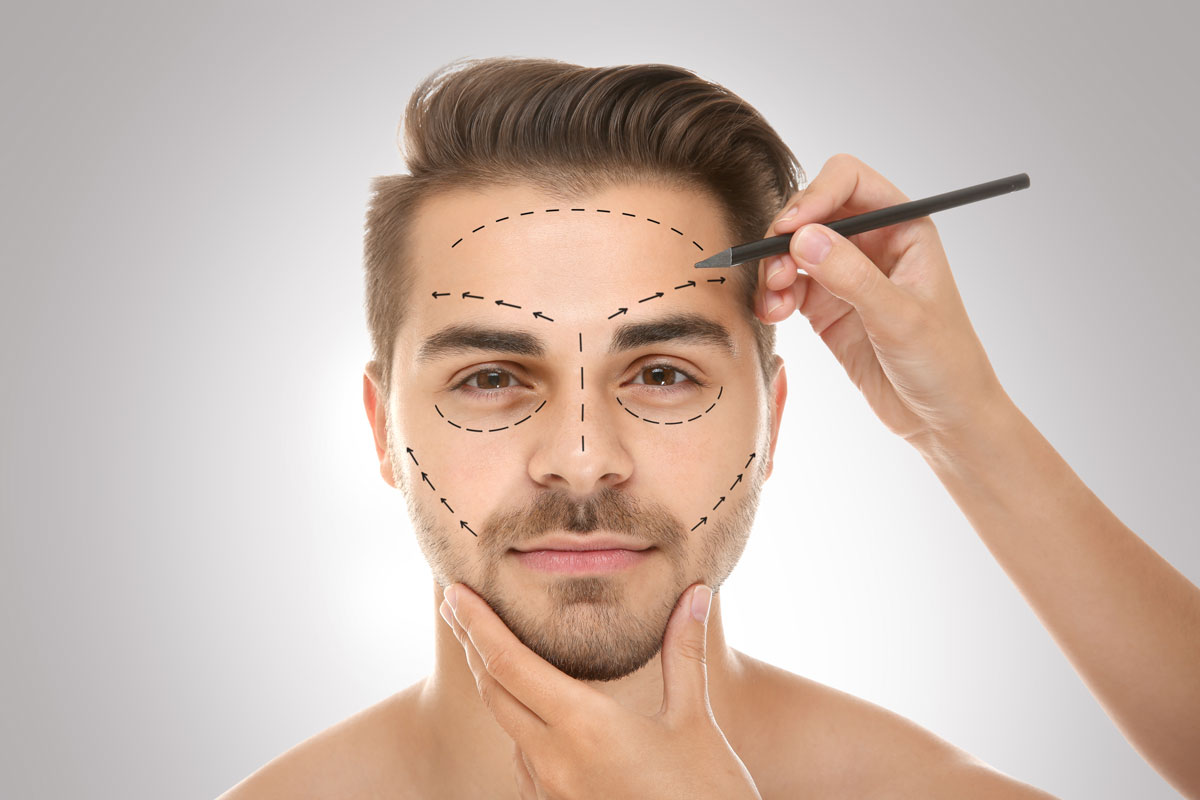A Deep Study the Typical Justifications for Seeking Aesthetic Surgery: Unboxing the Wish for Modification and Self-Improvement

Societal Pressures and Beauty Specifications
Regularly, social stress and dominating appeal standards play a significant role in people' choices to pursue cosmetic surgical treatment (liposuction bellevue). In modern society, graph heavily influences personal perceptions of appearance, often perpetuated by media, celeb recommendations, and social platforms. These channels frequently advertise idyllic versions of appeal, leading individuals to internalize these standards and evaluate their self-regard versus them

Additionally, these pressures are not limited to specific demographics; they impact people across various ages, sexes, and backgrounds, highlighting the prevalent nature of appeal criteria. This extensive influence increases important concerns regarding the values of plastic surgery and the effects of social requirements on individual selections. Inevitably, recognizing these pressures is crucial for cultivating an extra inclusive interpretation of charm that commemorates diversity.
Individual Experiences and Transformative Stories
Several people who go through cosmetic surgical treatment record transformative experiences that prolong beyond plain physical modifications. For several, these procedures function as a stimulant for enhanced self-worth and a renewed feeling of identity. Clients often define feeling freed from long-lasting insecurities, resulting in raised confidence in both expert and individual realms.
Take, as an example, the tale of a girl who underwent boob job after years of feeling uneasy about her appearance. Post-surgery, she reported not just a newly found comfort in her body yet additionally a considerable renovation in her social life and career chances. In a similar way, a middle-aged male that picked to go through a renovation shared just how the treatment revitalized his expectation on life, prompting him to pursue new passions and relationships.
:max_bytes(150000):strip_icc()/GettyImages-155388326-5b5dfd5f46e0fb00824b134a.jpg)
Psychological Aspects Behind Aesthetic Surgery
Various mental elements add to the choice to undergo cosmetic surgery, reflecting deeper emotional and psychological health considerations. People usually pursue surgical improvements as a means to deal with feelings of inadequacy, low self-esteem, or frustration with their look. These emotional inspirations can be rooted in previous experiences, social comparisons, or individual goals.
Body picture distortion is a common concern, where individuals view their physical features in an exaggeratedly unfavorable light. This distortion can bring about compulsive ideas about viewed defects, prompting the need for medical modification as an option. Furthermore, the search of excellence and social stress can enhance these sensations, pushing individuals toward aesthetic treatments in hopes of achieving an idealized version of themselves.
Moreover, the idea of self-improvement plays an important role. Numerous people check out cosmetic surgery as a path to improve their top quality of life, thinking that improved appearance will cause enhanced social acceptance, far better connections, or enhanced career possibilities. Eventually, the psychological aspects behind plastic surgery highlight the complex interaction between individual self-perception and external influences, disclosing the diverse nature of the desire for adjustment.
The Role of Media in Assumption
In today's society, media plays a critical function fit perceptions of elegance and self-worth. Via different systems-- social media, tv, and advertising-- idealized requirements of elegance are typically disseminated, influencing individual desires and self-image. These portrayals regularly highlight slim meanings of appearance, mostly featuring vibrant, slim, and digitally improved photos, which can create unrealistic benchmarks for people making every effort to adhere.
The influence of media is more exacerbated by the prevalent nature of social networks, where customers are bombarded with curated material that highlights cosmetic improvements, recommending a society of comparison. This continuous direct exposure can lead to sensations of inadequacy among visitors, prompting them to think about plastic surgery as a way of achieving the viewed perfect. Study indicates that individuals that involve with these media depictions are most likely to reveal discontentment with their appearance, reinforcing the wish for medical treatments.
Additionally, the normalization of cosmetic surgical treatment in media narratives can look at here now desensitize target markets, mounting such procedures as commonplace and also required for social approval. Therefore, the media's portrayal of appeal not only affects individual choices pertaining to cosmetic surgical treatment however likewise adds to a wider societal dialogue concerning self-worth and identity.
Ethical Factors To Consider and Future Trends
Amidst the expanding appeal of cosmetic surgical procedure, moral factors to consider bordering the practice have ended up being increasingly popular. As the need for treatments climbs, so also do worries regarding notified approval, the psychological motivations of clients, and the possibility for exploitation by doctors. It is vital for professionals to make sure that patients completely comprehend the advantages and dangers, in addition to the implications of their selections, to promote a responsible strategy to aesthetic enhancements.
Moreover, the impact of social media sites and beauty standards questions regarding the effect on psychological health and wellness, particularly amongst at risk populations. As awareness of body image issues grows, moral practice requires a careful examination of the inspirations behind medical interventions. Surgeons should balance person wishes with ethical obligation, ensuring that decisions are rooted in genuine self-improvement rather than societal stress.
Aiming to the future, fads might change towards non-invasive and technologically advanced procedures, stressing person safety and contentment. In addition, the consolidation of psychological examinations could help attend to underlying concerns prior to medical intervention. The plastic surgery field should adapt to these moral difficulties while advertising a culture of openness and self-acceptance, eventually prioritizing the wellness of people.
Verdict
To conclude, the pursuit of cosmetic surgical procedure is affected by an assemblage of societal stress, personal experiences, and psychological aspects. The wish for alignment with prevailing beauty criteria, paired with the possibility for transformative results, highlights the complex motivations driving people toward these treatments. Furthermore, the role of media fit perceptions of elegance can not be underrated. As ethical factors to consider advance, future trends in cosmetic surgical treatment will likely mirror ongoing societal discussions bordering self-improvement and individual identity.
Regularly, social stress and prevailing elegance requirements play a significant function in people' choices to pursue cosmetic surgical treatment. liposuction bellevue. Ultimately, these transformative tales highlight the multifaceted reasons individuals seek cosmetic surgery, intertwining individual growth with the quest of aesthetic enhancement
Several individuals watch cosmetic surgery as a pathway to enhance their high quality of life, website link thinking that improved look will certainly lead to raised social acceptance, far better relationships, or boosted job possibilities. Inevitably, the psychological elements behind cosmetic surgical treatment underscore the intricate interaction in between specific self-perception and exterior influences, exposing the diverse nature Website of the desire for change.
As honest considerations progress, future fads in cosmetic surgery will likely reflect ongoing social discussions surrounding self-improvement and private identity. liposuction bellevue.